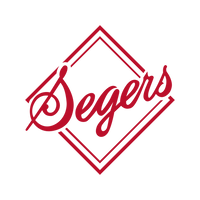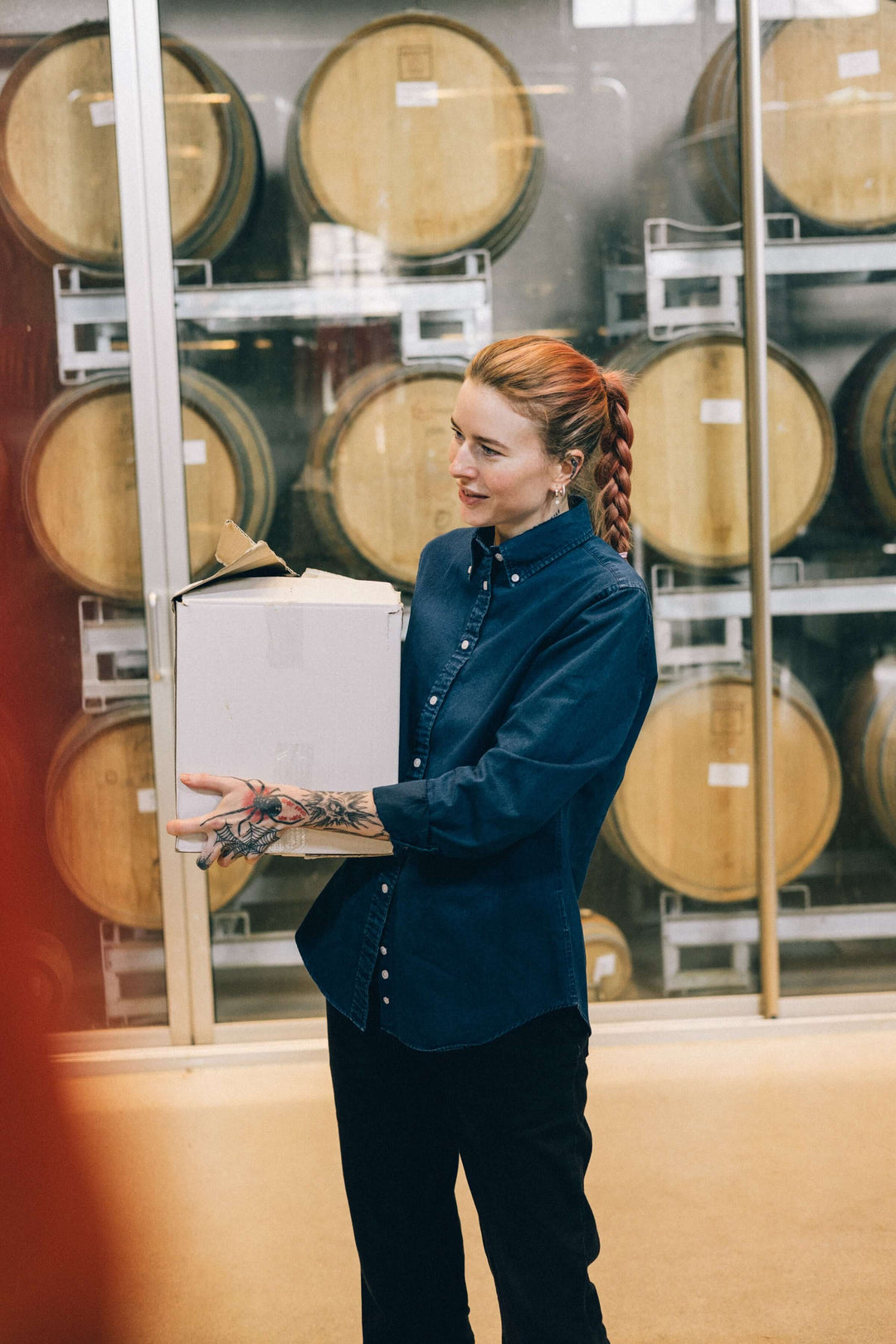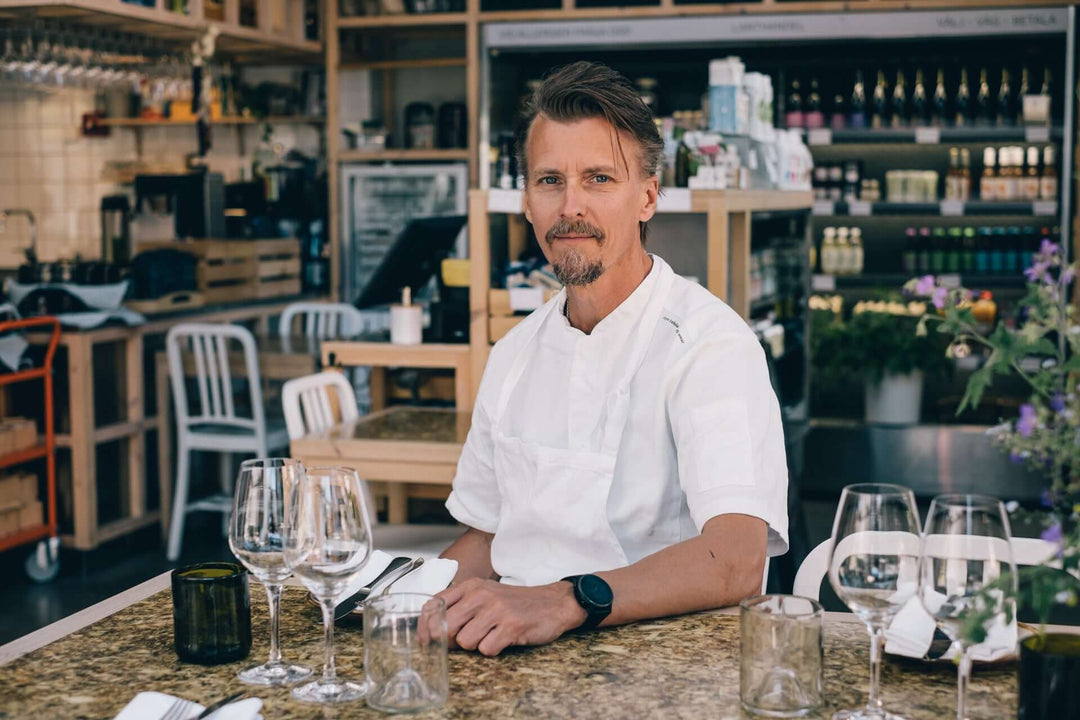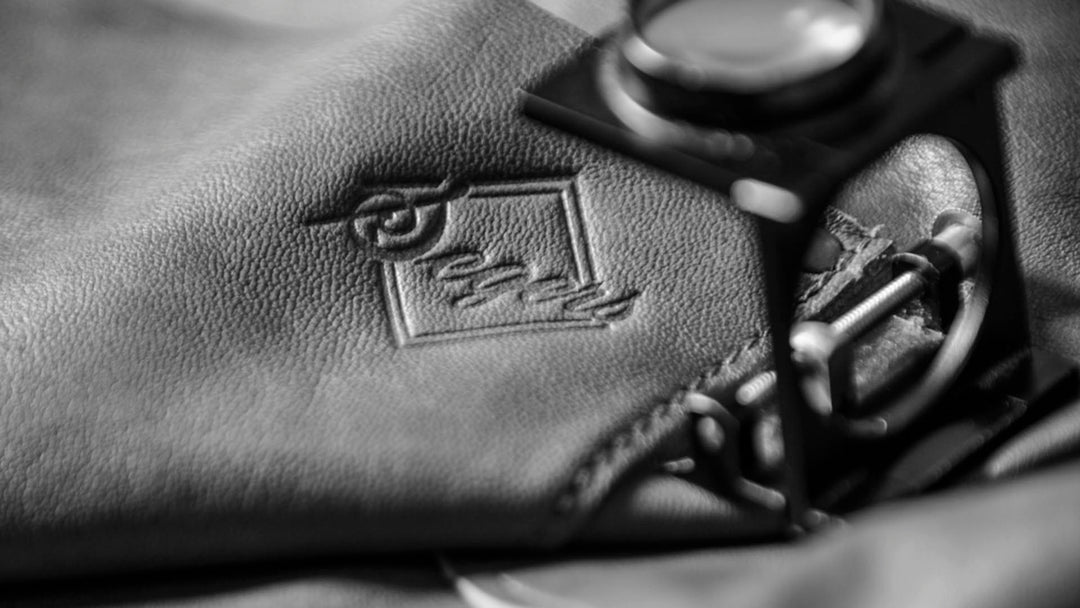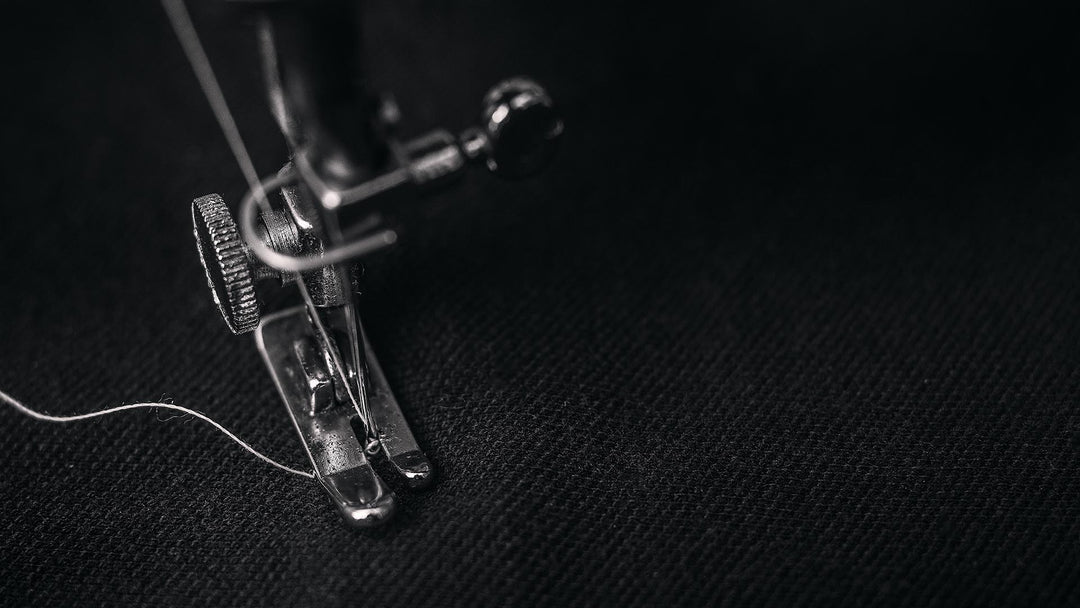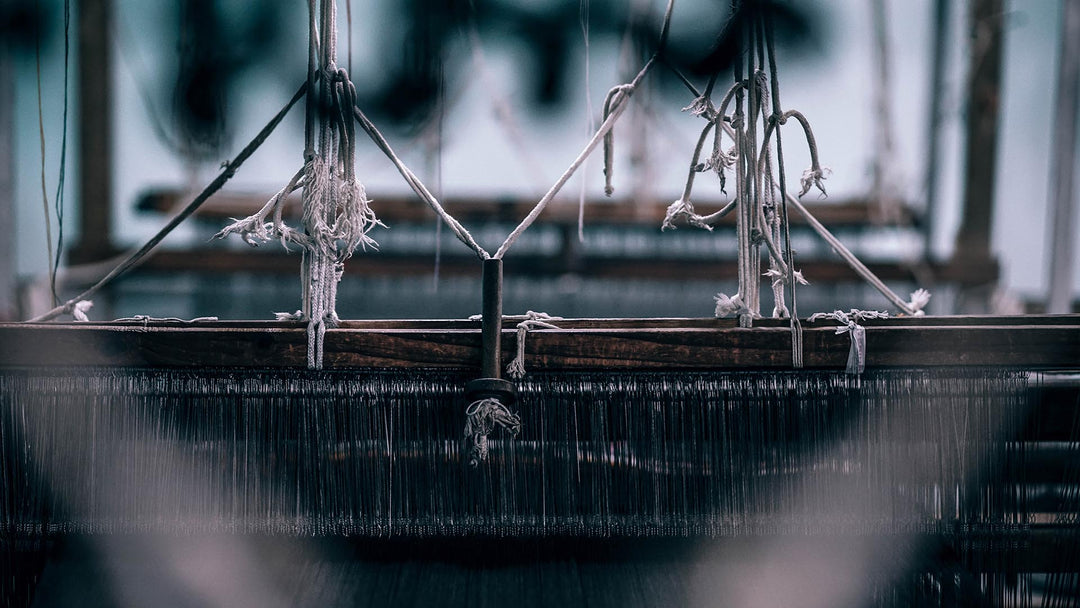The restaurant industry is careful about what ends up on the plate. Organic and locally produced is the future. Equally careful are we at Segers about what you wear when you work. Historically, textile production has been a burden on nature, people, and the environment. To take greater responsibility and lead the development towards a more environmentally friendly textile industry, Segers actively works with environmental issues.
Toxic chemicals, insecure employment, and unsustainable production methods. Some parts of the textile industry have a sad history and much needs to be done before everyone works 100% sustainably. But the textile industry also has many players who actively work to take responsibility for the environment and sustainability. Segers is one of them.
Views on human rights and sound working conditions vary in factories around the world. At Segers, we take our social responsibility to contribute to a fairer world – and so that you can wear our workwear with a clear conscience. The garments you wear are produced in Segers' own factories in Estonia and Ukraine. By owning our own factories, we can guarantee that our employees are well taken care of, and you as a customer always have the opportunity to visit our factories to see how we work with environmental and social responsibility.
Always fair conditions
Our employees work in bright, fresh, and hygienic premises with good heating and ventilation. They have the right to go home with full pay even if the order books are not full. Normal 40-hour workweeks are standard, and everyone receives compensation for overtime, 28 days of paid vacation, as well as contributions to pension and insurance. One of our CSR projects is sponsoring the local music school at our production unit in Ukraine. It has nothing to do with our production but is important for the local community. The idea of a good working environment has been something we have worked on for many years, thanks to Segers' own code of conduct. But from 2017 onwards, we leave the code of conduct behind and instead join amfori BSCI, which is one of the world's largest sustainability initiatives to create more responsible supply chains. Amfori BSCI is run by the Foreign Trade Association (FTA) in Brussels. In amfori BSCI, over 2,000 member companies use the same code of conduct to improve working conditions worldwide. On behalf of amfori BSCI, our production is inspected by independent institutes to guarantee a sustainable working environment.
Help to interpret environmental legislation
At the same time, we take ultimate responsibility for complying with REACH, which is the EU's chemical legislation. In the legislation, we find the EU's list of risk chemicals (Substances of very high concern/SVHC). The SVHC list is constantly changing, and when new chemicals end up on the warning list, it can be difficult for our suppliers to keep up. Therefore, Segers, together with an external consultant, has developed a tool to help the supplier focus on which chemicals are considered risky, while at the same time having full control over which substances are present in, for example, a button or a zipper delivered to our factories.
In addition, we are currently developing a system to communicate and ensure that our suppliers have routines to test the products they deliver to us. Segers performs spot checks to verify that no prohibited and regulated substances are found in the products.
Segers is also looking at alternative solutions for a more sustainable world. For example, cotton cultivation requires large amounts of water and burdens the environment in an unsustainable way. Here we investigate how, for example, Tencel® (lyocell) can function as a more environmentally friendly substitute. Already today, we have several garments in the range sewn with Tencel®.
Don't hesitate to contact us if you have more questions!
